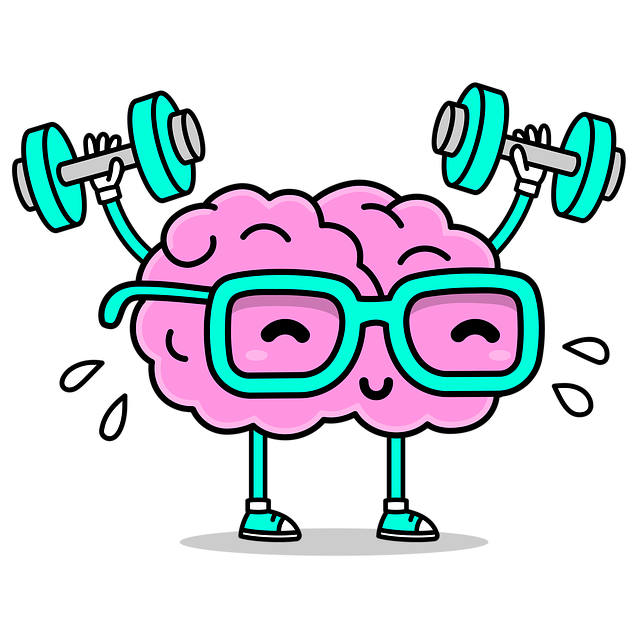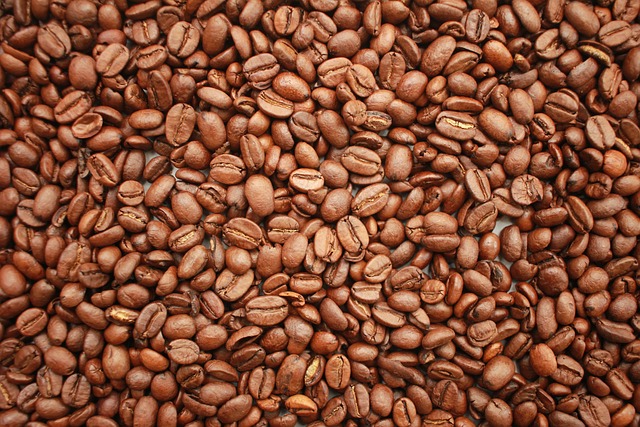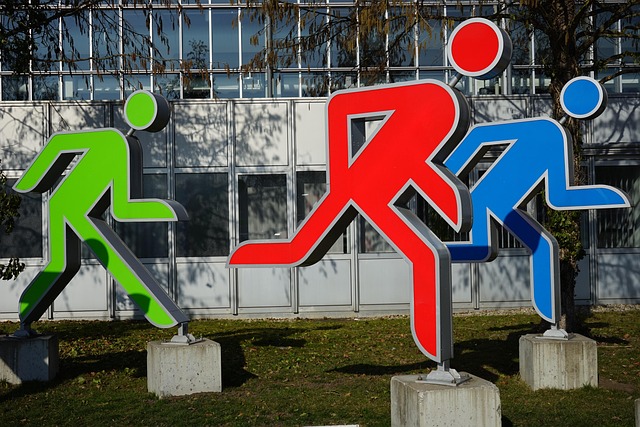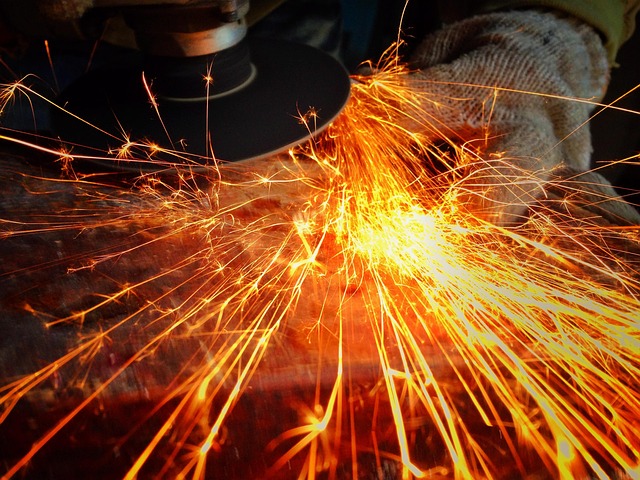Collagen, crucial for skin elasticity and youthful appearance, declines with age due to natural processes and environmental factors. Boosting collagen production through targeted peptides, lifestyle adjustments (diet, exercise), and advanced technologies (peptide tech, laser therapies) can significantly enhance skin texture, minimize wrinkles, and promote overall skin tightening. Incorporating key ingredients like peptides, retinol, vitamin C, and plant-based extracts in skincare routines, coupled with a balanced diet and healthy habits, supports natural collagen synthesis for long-lasting anti-aging benefits. Always consult a dermatologist for safe, personalized treatments.
Collagen is the skin’s foundation, essential for maintaining elasticity and a youthful appearance. However, as we age, collagen degradation accelerates due to natural processes. Unlocking collagen stimulation offers a promising solution for skin tightening. This article delves into scientific insights on how to boost collagen production topically, through dietary interventions, lifestyle factors, and advanced technologies. Understanding these methods can help individuals make informed decisions about collagen-boosting treatments while considering safety and long-term benefits.
Understanding Collagen: The Skin's Foundation

Collagen is often referred to as the skin’s foundation, a protein that gives structure and elasticity to our skin, hair, and nails. It’s a key component in maintaining youthful-looking skin, providing strength and flexibility. As we age, natural collagen production decreases, leading to wrinkles and reduced skin elasticity. This is where collagen stimulation becomes essential.
Collagen boosting treatments aim to encourage the body’s natural production of collagen by using various techniques like topical applications, peptides, and certain lifestyle changes. By increasing collagen levels, these methods can help improve skin texture, reduce fine lines, and promote overall skin tightening. Understanding collagen and its role in skin health is crucial when considering any anti-aging regimen, ensuring a well-informed approach to skincare.
Aging and Collagen Degradation: A Natural Process

As we age, our bodies undergo natural changes, and one of the most visible signs is the gradual decline in collagen production. Collagen, a protein that provides structure and elasticity to our skin, plays a pivotal role in maintaining a youthful appearance. With time, our skin’s collagen fibers weaken and break down, leading to wrinkles, loss of firmness, and a decrease in overall skin quality. This process is largely influenced by environmental factors, lifestyle choices, and genetics.
The degradation of collagen is an inevitable part of aging, but certain factors accelerate this process. Exposure to ultraviolet radiation from the sun, smoking, poor diet, and stress can all contribute to reduced collagen levels. Understanding these factors is crucial for developing effective strategies to boost collagen stimulation and counteract the effects of aging on our skin.
Unlocking Collagen Stimulation: Scientific Insights

Collagen, a key structural protein in our bodies, plays a pivotal role in maintaining skin elasticity and youthful appearance. Unlocking collagen stimulation is a scientific approach to reversing age-related skin changes. Research has shown that certain strategies can activate collagen production, leading to improved skin texture and reduced wrinkles.
One such strategy involves the use of topically applied products containing specific peptides and vitamins. These ingredients signal fibroblasts, the cells responsible for collagen synthesis, to increase their activity. Additionally, technologies like low-level laser therapy and microcurrent devices have gained attention for their ability to stimulate collagen fibers directly, offering non-invasive ways to boost skin tightening. Scientific insights continue to uncover novel methods, providing a promising landscape for anti-aging skincare.
Topical Approaches to Boost Collagen Production

Many skincare routines now incorporate topical approaches to boost collagen stimulation, as it’s a key protein for achieving and maintaining youthful-looking skin. Products containing peptides, retinol, vitamin C, and certain herbs can encourage the skin to produce more collagen internally. Peptides, in particular, are known for their ability to signal fibroblasts, the cells responsible for collagen synthesis. Retinol, a form of vitamin A, also plays a role in promoting cell turnover and stimulating collagen production over time.
Vitamin C, an antioxidant, protects the skin from damage caused by free radicals while also boosting collagen levels by stabilizing procollagen molecules. Some plant-based extracts, such as green tea, aloe vera, and marine extracts, are also believed to stimulate collagen synthesis and provide other benefits like hydration and inflammation reduction. Incorporating these ingredients into your skincare routine can be an effective way to support natural collagen production and enhance skin tightening over time.
Dietary Interventions for Optimal Collagen Health

Collagen stimulation starts from within, and diet plays a pivotal role in maintaining optimal collagen health. A balanced diet rich in essential amino acids, vitamins, and minerals is crucial for collagen production. Lean proteins, such as fish, poultry, and legumes, provide the building blocks necessary for collagen synthesis. Vitamins C and E, found in citrus fruits, leafy greens, and nuts, are known to enhance collagen formation and protect skin from oxidative stress.
Additionally, certain dietary interventions like incorporating anti-inflammatory foods like turmeric, ginger, and omega-3 fatty acids from fish and flaxseeds can support skin health. Staying hydrated by drinking adequate water is also essential as it helps in maintaining skin elasticity and overall moisture levels, fostering an environment conducive to collagen stimulation.
Lifestyle Factors Influencing Collagen Synthesis

The process of collagen synthesis, which is vital for skin tightening and overall skin health, is influenced by a multitude of lifestyle factors. Engaging in regular physical activity and maintaining a balanced diet rich in essential amino acids and vitamins C and E can boost collagen production. Exercise prompts the release of growth hormones that stimulate fibroblasts, the cells responsible for producing collagen. Additionally, the antioxidants found in fruits and vegetables protect collagen from damage caused by free radicals, ensuring its integrity and encouraging continuous synthesis.
On the other hand, certain lifestyle choices can hinder collagen stimulation. Prolonged stress, inadequate sleep, and excessive sun exposure are known to impact collagen levels negatively. Stress hormones can break down existing collagen, while UV radiation breaks down both collagen and elastin fibers, leading to premature aging. Avoiding these factors and adopting healthy habits like managing stress through mindfulness or yoga, prioritizing quality sleep, and using sunscreen regularly can contribute to maintaining optimal collagen levels for a tighter, more youthful complexion.
Advanced Technologies in Collagen-Boosting Treatments

In the realm of collagen boosting for skin tightening, advanced technologies have emerged as game changers. Modern treatments go beyond traditional methods by utilizing innovative techniques like peptide technology and targeted laser therapies. These cutting-edge approaches stimulate collagen production at a cellular level, fostering a more robust and youthful complexion.
Peptides, for instance, are chains of amino acids that signal skin cells to produce collagen. When applied topically, these powerful compounds can mimic the body’s natural processes, enhancing elasticity and reducing the appearance of fine lines and wrinkles. Meanwhile, targeted laser treatments use light energy to penetrate deep into the skin, stimulating fibroblasts to create new collagen fibers. This non-invasive approach offers a more precise and effective way to achieve long-lasting skin tightening results.
Safety and Side Effects: Considerations for Collagen Enhancement

When considering collagen boosting treatments, it’s crucial to prioritize safety and be aware of potential side effects. Collagen stimulation, whether through topical applications, dietary supplements, or medical procedures, should always be approached with caution. Many over-the-counter products claim to enhance collagen production, but their effectiveness and safety profiles may vary significantly. Some common side effects include mild skin irritation, allergic reactions, and temporary redness. For more invasive procedures like collagen injections or facial fillers, risks can include infection, swelling, bruising, and asymmetry.
It’s essential to consult with a qualified dermatologist or healthcare professional before starting any collagen enhancement regimen. They can provide personalized advice based on your skin type, medical history, and specific concerns. Professional guidance ensures that you receive safe, effective, and tailored treatments, minimizing the chances of adverse reactions and promoting healthy, youthful-looking skin.
Long-Term Benefits of Collagen Stimulation for Skin Tightening

Collagen stimulation offers long-lasting benefits for skin tightening, making it a popular choice in cosmetic treatments. By encouraging the production of collagen, a key protein responsible for skin elasticity and structure, this process helps to reduce the appearance of fine lines, wrinkles, and saggy skin. The effects are not immediate; instead, they manifest over time as the body naturally replaces and enhances existing collagen fibers. This gradual renovation leads to improved skin texture, increased firmness, and a more youthful appearance.
Moreover, consistent collagen stimulation can have sustained results, providing individuals with an enhanced overall complexion. It addresses not only surface-level issues but also strengthens the skin’s foundation, making it more resilient against future damage caused by environmental factors like UV radiation and age-related degradation. Thus, regular collagen-boosting practices contribute to a long-term healthy and rejuvenated skin condition.
